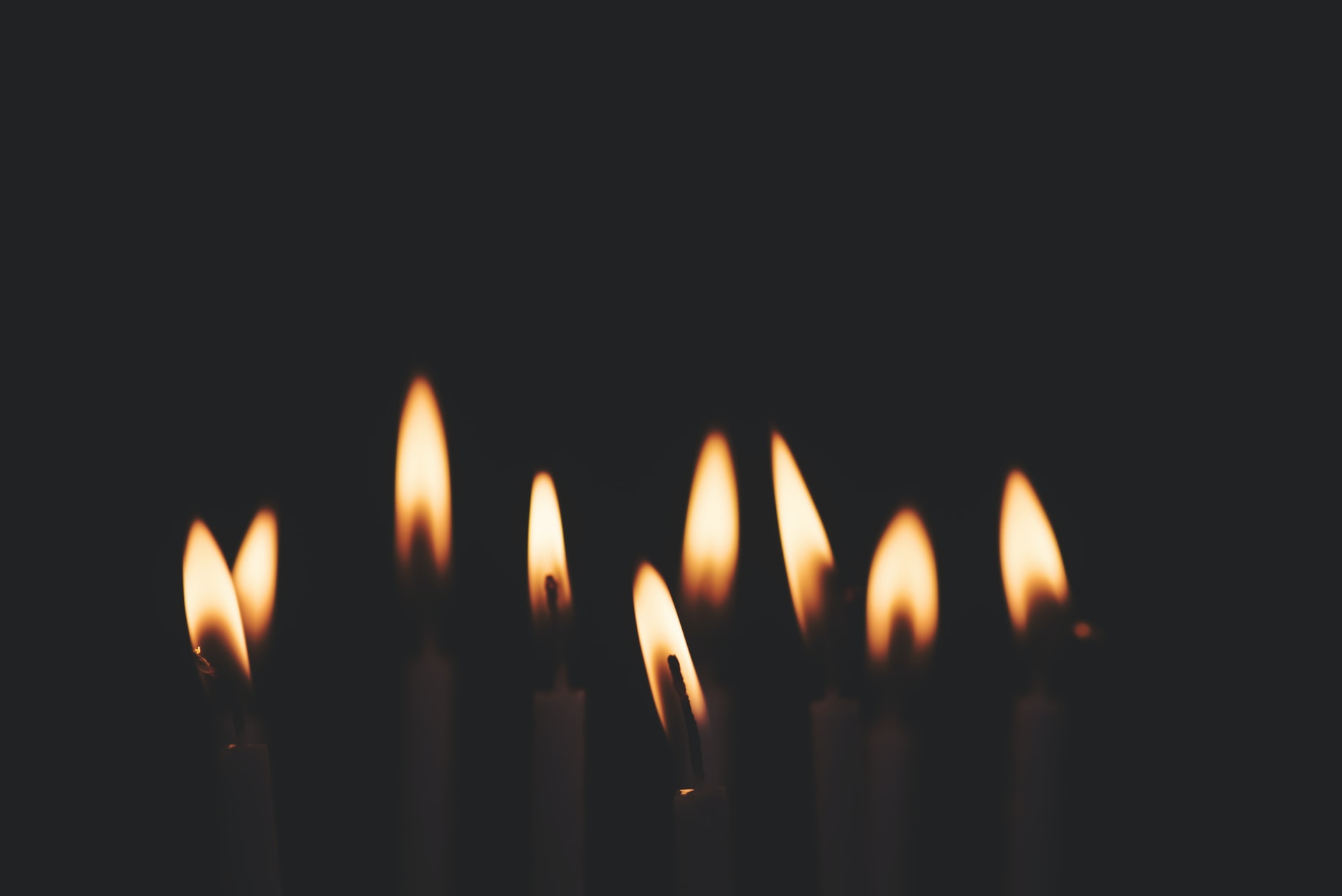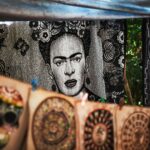by LE Francis and Jay Rafferty
This week LE sat down for the second interview in our Sage Talks series with past contributor and wonderful poet Iolana Paedelt.
LE FRANCIS: How would you describe your writing process?
IOLANA PAEDELT: I don’t have a strict writing process in terms of sitting down and writing on a schedule like one poem a week or something like that. It kind of comes over me like a muse’s kiss, if you will. I mainly write from my intuitive emotion and trauma.
To understand my writing you have to work with the “classic” therapist question: “how does this make me feel?” I work a lot with vivid imagery and comparisons that you experience in everyday life…
I talk a lot about power dynamics in abusive relationships and surviving them — what those relationships feel like and how hard it is to leave them. Or how destructive narcissism tears through decades of human life, how it ruins souls and how it ruins love.
In a way I’m telling a story that has been told for a very long time.
LE: If you were to choose between writing, editing, submitting, what is the hardest part of the process for you?
IOLANA: The hardest part would be the submitting process. For me it’s a very vulnerable thing, putting myself out there, my emotions and my hurt. I don’t really edit much because I write my best lines when I am the most in tune with my emotions and their impulsive severity and destructiveness.
I sometimes struggle from severe writer’s block, sometimes I don’t write for months because I haven’t fully found the words to articulate my emotions.
LE: Much of your poetry has a beautifully dark atmosphere to it. How do you approach building a tone within your work?
IOLANA: Life kind of sets my tone. I find inspiration in the depths of the unconscious, in the trauma I have personally experienced, dreams, nature, and a good conversation or the stories that have survived up to this day.
I work a lot with Greek mythology — my poem ‘thin love (sometime in april)‘ references three tragic Greek love stories for example — all which overlapped with my personal experience of being far away from the person you love most.
Life can be so dark in its nature, it’s very easy to use the natural elements of life and death or to find them looking outside, e.g. in the wilting crocuses next to the tall chestnut tree which leaves are just now blossoming in Spring.
Life requires letting go, it requires shadow, urges and sins. You find it everywhere and in everyone.
LE: What thematic elements do you particularly enjoy integrating into your writing?
IOLANA: I love integrating natural elements as they are familiar to everyone and they naturally connect to the essence of what makes us human — the survival we have to fight for every day.
Same goes for urges — murder, cannibalism, lust, and love. The darkest depths of the human psyche involve hurting those we love the most although we know better, just to let out our own self-hatred. Everything in life ends tragic, or maybe that is just my German nihilism.
LE: What themes & images are you drawn to as a reader?
IOLANA: I instantly fall in love with anything that I can feel, anything that involves the power dynamic of hope and loss or love and death. Contrasts can be the most beautiful thing.
I grew up in a country that is known for its fairytales and ‘barbaric’ paganism, so I am naturally drawn to anything that involves mythology, tales or captures the essence of the human experience in an abstract way and the darkness each of us carries.
LE: Your work has a very raw, emotional element to it. Do you ever worry about being too personally revealing with your own feelings when sharing deeply emotional work?
IOLANA: Writing from trauma hurts, there are pieces I haven’t submitted because of that but at the same time I feel like we need that kind of conversation. There needs to be room for addressing trauma, emotions and abuse (especially emotional abuse) without the romanticization or Hollywood filter.
We crave not to feel alone and connect through intimacy and if my writing, in any sort of way, encourages other survivors to share their pain, their stories and feel less alone or even reclaim themselves, it is the most amazing thing to ever happen and I couldn’t be happier. Everyone deserves to be safe. Everyone deserves to be heard.
The main thing that is holding me back from releasing the heavier stuff I wrote is guilt. I still feel guilty when I am talking about my abuser or talking about the abuse that I endured but at the same time I know their self-hatred is not my fault and it is not my responsibility to protect their image.
Healing is a process, and it’s baby-steps every day. It’s choosing life every day. And it’s telling your story, even if it hurts.
LE: You create lovely videos to accompany your poetry. What is your process with those?
IOLANA: First of all thank you! Again with the videos, my process isn’t that linear, I walk my dogs one day and notice a cute butterfly (or something else that catches my eye) and it fits the emotion the poem I’m making the video for is expressing.
My great grandfather and grandfather were filmmakers, so they’re a big inspiration and I was taught from a young age to pay attention to the details of life… I kind of just pay attention to images that work with my writing, I put my videos together out of many individual short videos. A lot of editing…
LE: What poets, authors, or artists have inspired you and your work?
IOLANA: One brilliant woman I love reading is Angela Carter. I started reading her work just recently but it really speaks to me and I have come to realize that we write about very similar topics in very similar ways.
Oscar Wilde also would be a big one, read him when I was a teenager, his stories are so breathtakingly beautiful they break my heart sometimes.
My favorite German poet would be Johann Wolfgang von Goethe, I could get lost in his poetry. It speaks of tragedy and love in a unique way that always inspires me (especially in Spring).
Lastly, I have this amazing friend, Elfi (Instagram: @elfride.m). A very talented artist who illustrates my poetry and inspired my poem “male narcissism”. We share similar stories and have been friends for years.
I am more than grateful for all the beautiful people in my life and each and every one of them inspires me in their own way. We’re all artists and that is what makes art such a cool thing, it happens everywhere all the time.
LE: In general, what would you say inspires you to create? What does your creativity mean to you?
IOLANA: My creativity is very much linked to my emotions. I can’t write when I’m apathetic or depressed, mainly because I either don’t feel anything or the only thing I feel is hatred for my own work.
Usually, I need a few days to process what I am going through at the moment (sadness, loss, pain, love, happiness, hope) but after that I’m usually able to just let it flow out of my mind and drip onto paper.
I have a dedicated journal for thoughts and poetry lines that come to me. In a way my creativity is what keeps me sane. It’s what gives me a purpose and got me through a lot of difficult and painful moments.
LE: This is a pet question I bother most of my poetry friends with if you don’t mind indulging — how do you approach line breaks? What does the poetic line mean to you?
IOLANA: I love this question. I feel like it’s a very individual thing which is what makes line breaks so personal.
They can be hope for new beginnings or dramatic cuts that end, they can be the future, past or present or simply not exist at all. They’re symbols and I love symbolism.
I like blending lines and walking the borderline between extremes, so that’s kind of how I view lines too.
Thank you Lana for talking with us! You can follow her on Twitter @therealpaedelt and find links to all her work on her website iolanapaedelt.wixsite.com/iolana-paedelt.
LE Francis is the fiction editor of Sage Cigarettes Magazine.
Jay Rafferty is the poetry editor of Sage Cigarettes Magazine.



Add your first comment to this post